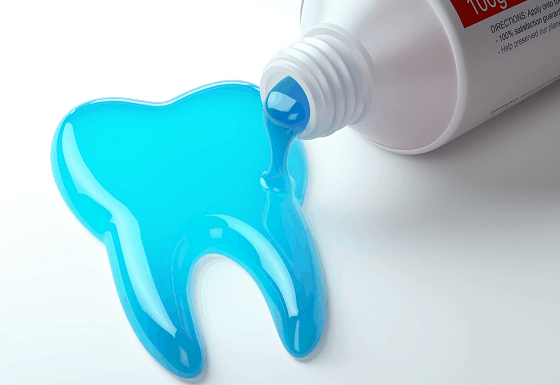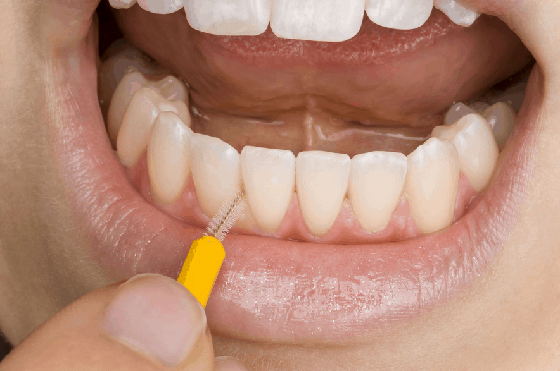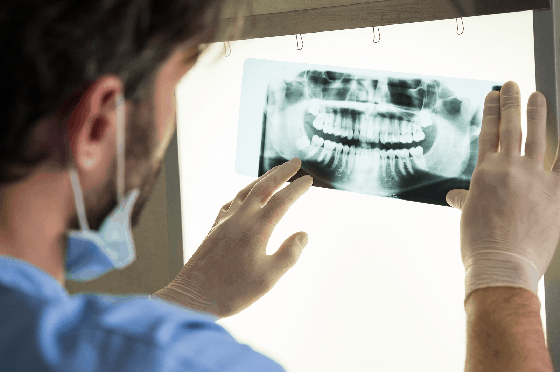If you’re 65 or older, you might find that your dental health is iffy. Twenty percent of older adults have untreated tooth decay, more than two-thirds have gum disease, and almost 1 in 5 has lost all of his or her teeth, according to the Centers for Disease Control and Prevention.
That can cause pain and affect the ability to eat, and gum disease has been linked to heart disease, type 2 diabetes, and possibly certain cancers.
Here, six steps that will help you maintain your dental health—and help your teeth last longer.

- Keep them clean
That means brushing with a fluoridated toothpaste for 2 minutes twice a day. Avoid whitening toothpaste, which can wear down the enamel.

- Choose the Right Brush
Manual toothbrushes can do a fine job, but electric and sonic devices may have a slight edge. Powered toothbrushes minimized dental plaque 21 percent more and gingivitis 11 percent more than manual devices after three months of use. They may also be easier to use if you have a hand or wrist arthritis.

- Get in Between
Clean between teeth each day to eliminate any food stuck there. This breaks up plaque before it does any damage. You can floss or use a water jet or an interdental brush. The latter is more effective than flossing, according to a study published in 2015 in the Journal of Clinical Periodontology.

- Know When to See a Pro
While many dentists recommend a checkup and cleaning every six months, most people can probably follow a once-a-year schedule. most people get additional benefit from seeing a dentist or having a cleaning more than once a year.
But if you have significant tartar, or gum disease (or one or more of its risk factors, such as diabetes or a smoking habit), twice-a-year cleanings are often appropriate. And tell your dentist if you recognize a persistent sticky, dry feeling in your mouth. You may have dry mouth, which can increase cavity risks.

- Be X-Ray Savvy
The ADA generally suggest bitewing X-rays (which reveal cavities between teeth) every two to three years for adults with good oral health who are at normal cavity risk. But even every three to five years is reasonable, adding that most people need more extensive X-rays only every eight to 10 years.
- Recognize a Dental Emergency
A persistent, throbbing toothache that makes it hard to chew or bite can signal an abscess or infection, especially if accompanied by facial swelling, These infections can spread quickly to your jaw, head, or neck, so seek treatment right away, preferably at your dentist’s office but at an emergency room if necessary.
If a tooth splits vertically, see a dentist as soon as possible (preferably the same day) because that can easily become infected. A fractured tooth that’s not painful, jaw pain when chewing, a broken denture, or a mouth sore also warrant treatment but can wait a few days.
References:
Expert opinion
Dr. Jena Shah BDS, Dental Director of Sabka dentist says “Dental health is linked to your general health since inflammation and infection in your mouth can spread to other areas of the body” explains Dr. Jena Shah BDS, Dental Director of Sabka dentist.
Dr. Reena Waghela Dental Director of Sabka Dentist says “Brushing is the most important thing and should be daily twice at least for two minutes”.
Dr. Ankita GadaDental Director of Sabka dentist says “brush gentle, too much pressure can wear down tooth enamel and erode gums”.










